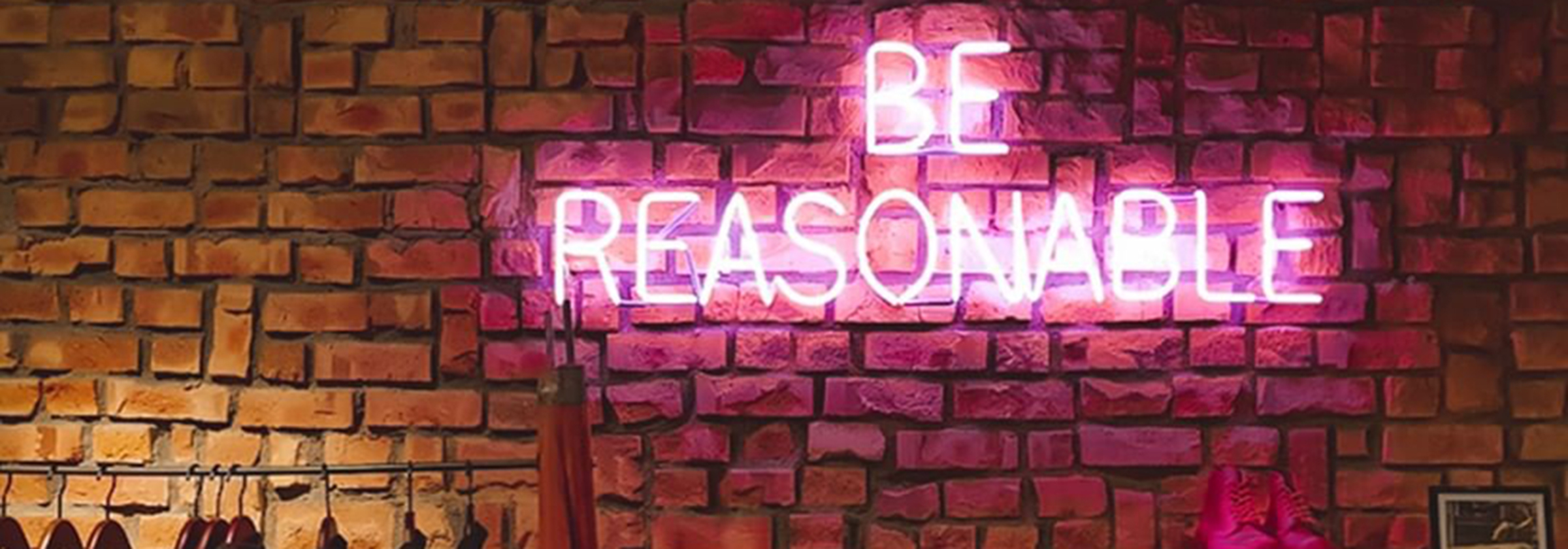Meet Shakaila Forbes-Bell, Editor in Chief and Founder of Fashion Is Psychology. MA Psychology of Fashion alumnae Shakaila had a chat with us to tell us all about her online business and the inspiration behind it.

Hi Shakaila! Thanks so much for taking the time to speak with us. How’s everything going?
Hi Jesse, everything is going very well, thanks for asking and thank you for your interest in Fashion is Psychology.
Can you tell us a bit more about ‘Fashion Is Psychology’ and how it came about?
After my graduation at LCF, I created an instagram post revealing that I was one of the first people in the world to study Psychology for Fashion Professionals at masters level. The post went viral and I received a flood of messages from people around the world expressing an interest in my studies.
I realised that my seemingly ‘niche’ degree had a global appeal and I felt compelled to share the knowledge that I gained. As a result, I created Fashion is Psychology with the initial goal of making this new field accessible to a wider audience. I have since written for publications like i-D, Cosmopolitan and Marie Claire, run workshops and have collaborated with Next, providing a psychological insight into how women can dress for success.
I really love the writing on your website, especially within the research section. What sort of research do you undertake?
For the website, myself and my writers research all areas of fashion psychology. Most recently we’ve investigated the psychological reasons why people buy sustainable fashion, how fashion designers benefit from the positive psychological response to nostalgia and the psychological appeal of 'mass-tige' brands.
Personally, as a fashion psychologist, my research focuses on multicultural marketing. I am passionate about inclusivity in fashion, especially pertaining to ethnic minorities and as a Black woman, I’m acutely aware that the fashion industry has the power to emit positive representations of our often maligned group. I have just published a paper in the International Journal of Market Research which proved that consumers and brands themselves benefit from increased racial representation in their model castings.

Many people may not be familiar with what the psychology of fashion actually entails. Could you explain the basics a little and what areas it covers?
Fashion Psychology involves applying psychological theories, practices and approaches to various aspects within the fashion industry. The aim of this field of study is to uncover the ‘why’ behind our relationship to fashion, this could entail; why certain clothing styles evoke certain responses from people around us, why certain marketing strategies evoke brand loyalty from consumers, why different retail environments promote different types of consumer behaviour and much more.
What are you hoping to achieve within the next 5 years?
I hope to partner with more brands, make ‘Fashion is Psychology’ more mainstream and bring it to the forefront of the industry. I have a few exciting projects in the pipeline which I’m sure will do just that. I also hope to expand the website, double my number of writers to cover even more topics in fashion psychology and educate as many people as possible. Psychology is at the root of every area of fashion so I’m confident that the field will continue to grow.
Let’s talk a little bit about your time at LCF. Did you always know you wanted to work within fashion?
Even when I studied psychology at University College London I gravitated towards social psychology as it allowed me to study things like first impressions, organisational psychology, group behaviour etc. all of which are impacted by clothing and style in some way. My love of fashion was inescapable as I’ve always felt that I would end up working within the industry one way or another.
What made you choose LCF and why did you decide to do a Masters Degree in Psychology for Fashion Professionals?
My undergraduate thesis investigated the impact on a particular type of clothing ‘the hoodie’ (which had at the time been lambasted in the media and associated with criminality) on impression formation. I found the information that I obtained through my research to be so eye-opening but I couldn’t figure out a way to do more of the same. While I was trying to figure out my next step, luckily on a train ride home from a lecture, I discovered that LCF had created a brand new course. For me, Psychology for Fashion Professionals was a continuation of my years of study so it was a natural fit.
According to your experiences along your career, what piece of advice would you give to a recent graduate looking to start their own business?
Don’t be afraid of the critique that comes with trying new things.
When I began my studies, I was met with a lot of confusion, doubt and disbelief that there was no future in my degree. Comfort lies in familiarity and when something is so new it can be discomforting to people but it’s important to not let that impede your vision. Working on my elevator pitch was a great tool for me. When I developed the ability to define what ‘Fashion is Psychology’ is, in a succinct manner, the initial confusion always turned into genuine intrigue and oftentimes a new subscriber!
- Follow Fashion Is Psychology on Instagram
- Find out more about Msc Applied Psychology in Fashion
- More about Research at LCF
- What’s on at LCF: open days and events
- More LCF Stories

